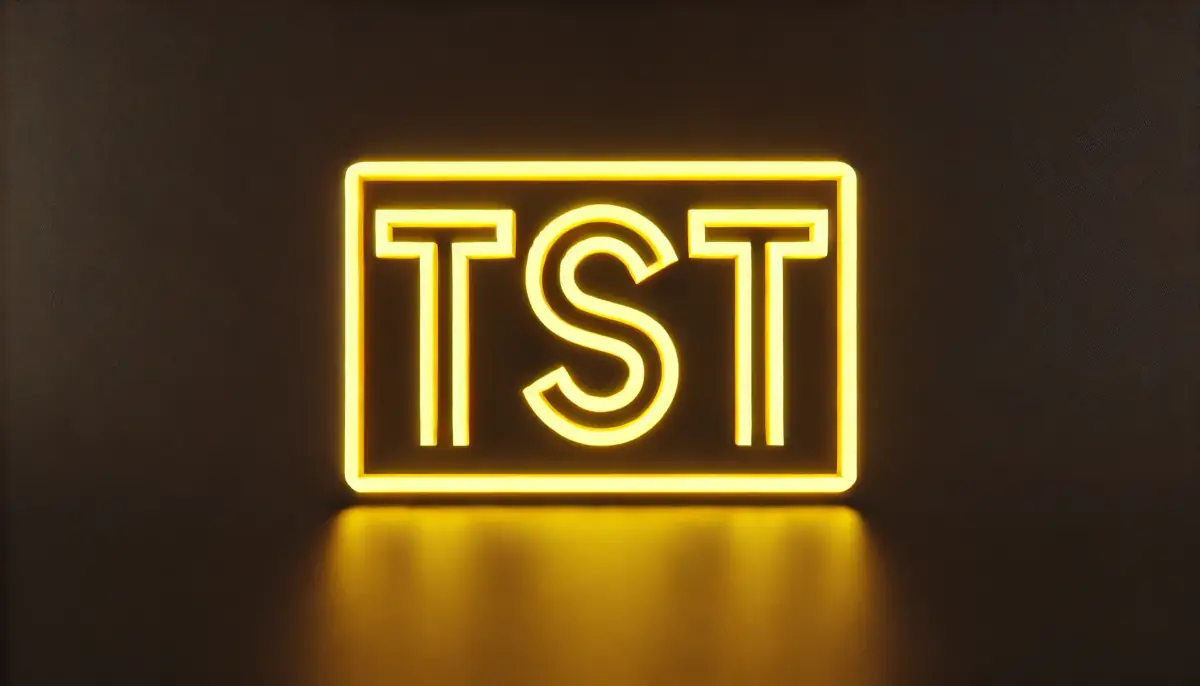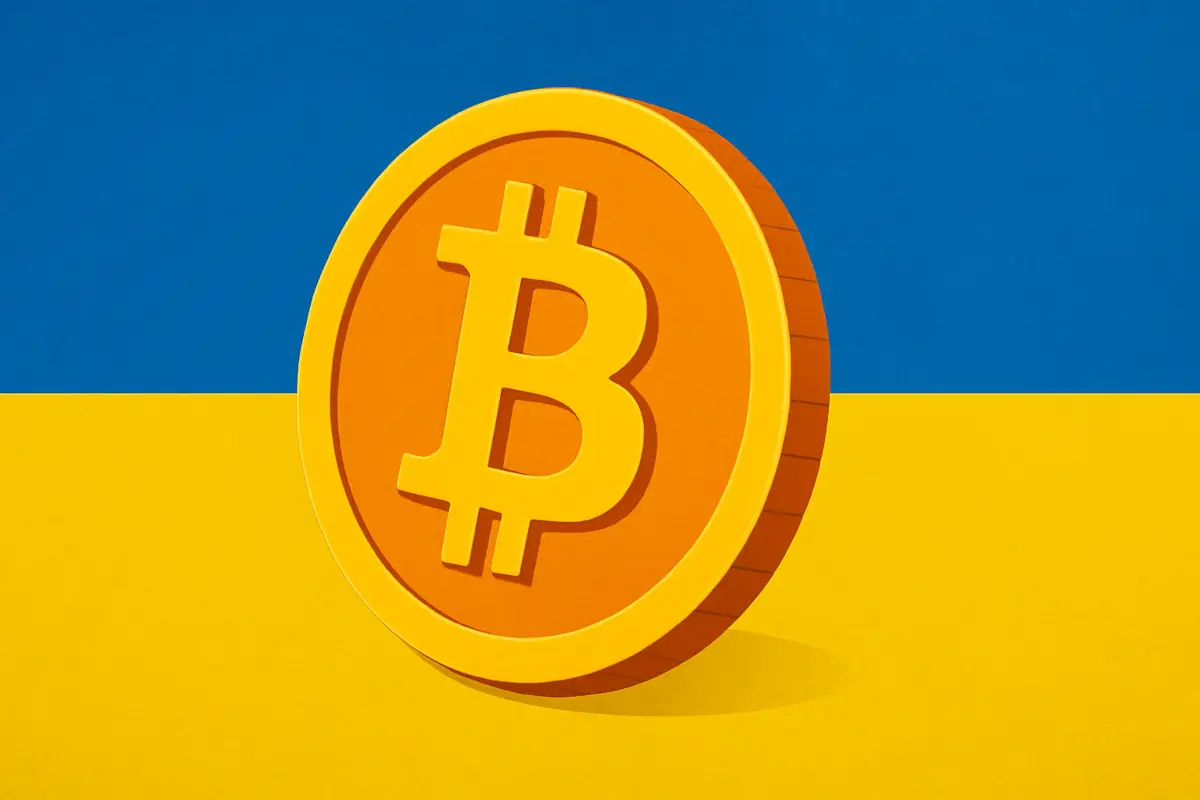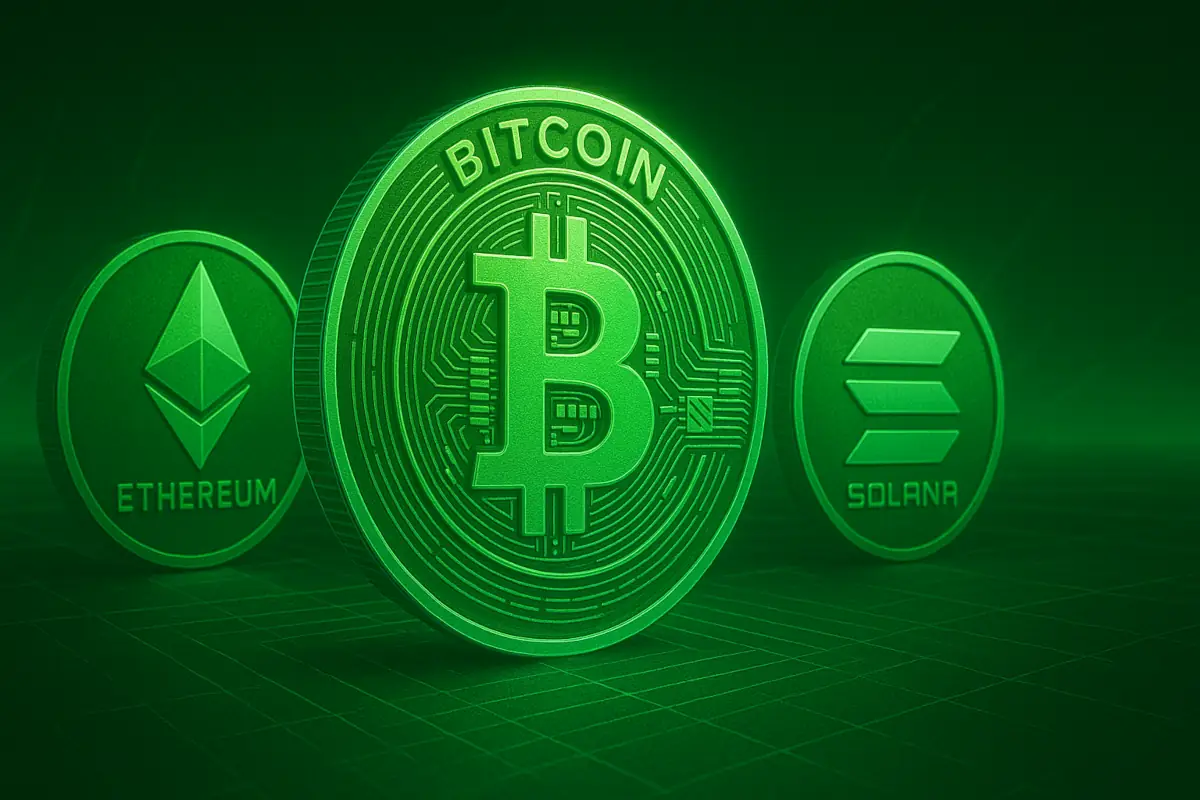TST was never meant to be a major cryptocurrency. It started as a simple test token, used in a tutorial on the Four.Meme platform to demonstrate how anyone could create their own meme coin.
But the moment its name was accidentally revealed in a video, speculation took over. Traders rushed to buy it, believing it had some kind of backing. Before long, TST had exploded in value, reaching an insane $500 million market cap. The chaos was boosted when Binance suddenly announced it would list TST within four hours. The exchange’s involvement added a level of legitimacy, fueling more speculation.
But as with most meme coin frenzies, the hype quickly faded. Within a day of its peak, TST had lost more than half its value.
Table of Contents
CZ’s Response and the Power of Hype
Former Binance CEO Changpeng Zhao (CZ) found himself at the center of the storm. As speculation grew, he made it clear that he had no involvement in the token’s launch and that Binance had no official connection to it. He repeatedly stated that he had never bought meme coins and didn’t personally endorse them.
Ironically, every clarification from CZ only seemed to make TST even more popular. Crypto traders interpreted his comments as indirect approval, and his social media posts kept the token in the spotlight. This phenomenon isn’t new – any mention of a coin by a major figure in crypto can send prices skyrocketing, whether they intend to promote it or not.
This effect isn’t limited to crypto. In 2021, Elon Musk tweeted “Use Signal” (referring to the messaging app), which caused the stock of an entirely unrelated company, Signal Advance, to skyrocket by over 400%.
Problems with Binance’s Listing Process
The controversy surrounding TST exposed a major flaw in Binance’s listing process. The exchange announced the listing only four hours before trading began, creating a window of opportunity for speculators. During that time, traders on decentralized exchanges (DEXs) rushed to buy TST, driving up the price before it became available on Binance.
This raised serious concerns about market manipulation. Some critics argued that Binance’s process allows insiders to profit while retail investors get stuck buying at inflated prices. CZ himself admitted the system was “a bit broken” and suggested centralized exchanges should adopt automated listing models, similar to DEXs, to prevent this kind of artificial price movement.
Is Binance Losing Control of Its Listings?
In the past, Binance was known for its strict listing criteria. The exchange only accepted projects with strong fundamentals and clear use cases. But over the past year, there’s been a shift. More memecoins have appeared on Binance, leading some to question whether the exchange is lowering its standards.
This isn’t just about TST. Last year, Binance listed many trending memecoins, sometimes multiple in a single day. The rapid listing of the TRUMP token – just two days after its creation – also sparked controversy. The pattern suggests Binance is under pressure to compete with other exchanges by listing whatever is trending. Whether this is a smart business move or a sign of a declining vetting process remains up for debate.
The Bigger Picture: Hype vs. Fundamentals
The TST story shows how crazy crypto markets can be. A test token with no real purpose went from obscurity to half a billion dollars in market cap, purely because of speculation and social media buzz. Then, just as quickly, it lost most of its value.
More importantly, this story highlights a troubling reality: many traders are chasing hype rather than real value and utility. At the same time, exchanges that once prided themselves on listing only legitimate projects are now prioritizing popularity. While this shift may be good for business, it makes it increasingly difficult for retail investors to distinguish between worthwhile projects and short-lived trends.
Need a quick and easy way to see what’s happening in crypto over the next few days? Check out our Crypto Events Calendar!




